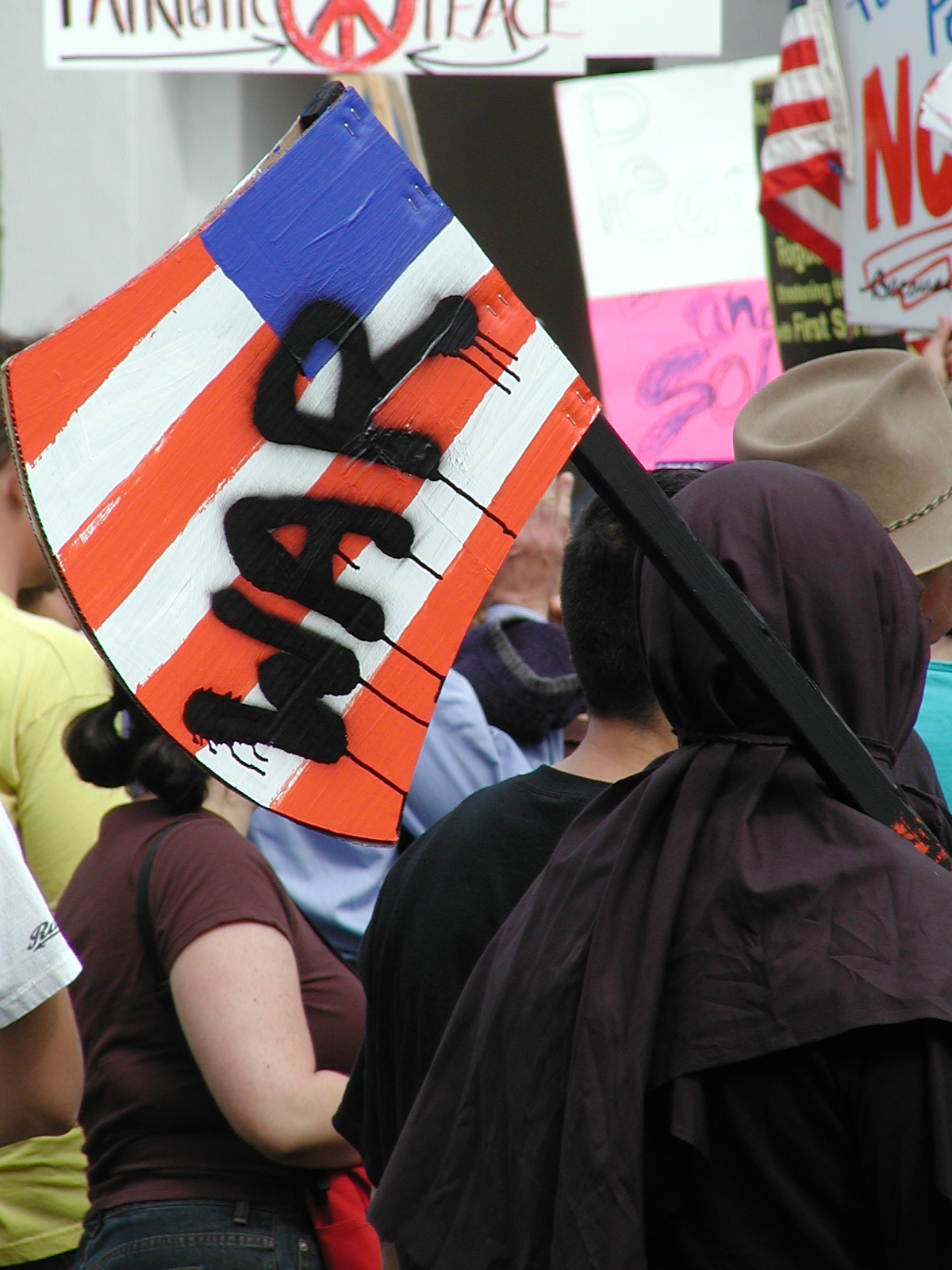How the Populist Movements Compare to the Hippies

.The right-wing populist movements here and in the UK are driven by anger. They justify disruption of the present system because it is seen as not working for people. They do not respect law and tradition when they stand in the way of their goals. The end justifies the means.
I never thought I would find myself on the side of tradition, convention, law and order. I feel as if I am in a mirror world where the conservatives are the rebels in the streets and I am the defender of the status quo. Fifty years ago it was the opposite. The hippies, powered by acid and Vietnam, were on the streets and rejecting the stifling post-war suburban culture. Am I experiencing the prediction that as people get older, they become more conservative? No. Although there are many similarities in the two revolutions, the key difference is the emotional energy behind them.
The hippies believed that people were basically good and that love would set them free. It was the dawning of the Age of Aquarius, and once the evil capitalists, the false gods of consumption and the military-industrial complex were exposed and torn down, the new age would be here. That dream of the essential goodness of people evaporated during the 70s with Altamont, rampant drug use and the disintegration of communes.
We are now seeing a similar rage against the machine, except that the underlying energy is one of fear. The swing back to the worship of capitalism, free markets and consumerism in the Reagan era started a stagnation of the standard of living for workers and an increase in economic insecurity that has not abated.
But bigger than that is the fear of strangers that lies behind tribalism and has been whipped up into a frenzy by right-wing media. I’m looking at you, Murdoch, and now, like the brooms of the sorcerer’s apprentice, it has escaped into the world and is destroying trust, science and cooperation. The United Kingdom is united no more. Half of the United States wish that California would break off and drown.
The direction out of all this is to realize that we are neither all love nor all fear. We have the capacity for both within us, just as people have the capacities for good and evil that generate these emotions. The hippie movement disintegrated when it ran into the reality that we are not all pure love, and the present-day populist movements will decline when they come to the realization that we are not all fear and its manifestation, hate.
This cannot come about when hate is shown in return, because that only escalates the fear level. Instead, it must come about through love and sympathy for their cramped, fearful lives.
A most interesting and unexpected presentation of this topic. Your summary that we are never all one thing hits the nail on the head! Thank you for this thought-provoking blog!
The energy in any cultural revolution is that of anger. The hippies felt anger and hatred towards an establishment they perceived to be angry and hateful. They saw in psychedelic drugs a vehicle by which they could transcend the anger and hatred of the world in which they lived. But it wasn’t the world that changed; it was their relationship to it. It was the anger and hatred inside themselves they transcended as mind-altering substances appeared to open their consciousness to receive a spirit of understanding, and perhaps, forgiveness, of the less-enlightened leaders of their homes, their societies and their world.
Anger is to a revolution as gasoline is to a car. It is the thing that fuels it; a force with which it’s opponent must reckon. The state of pseudo-spirituality achieved by hallucinogens did not spark the revolution; it marked the beginning of its end. It eventually became its own end; a refuge from anger and pain. A return to Eden, where neither ever existed.
This is not love; it is escapism, and it continues to be the chosen path of the left. So much so that it has become an endangerment to a free society. It is the willful wearing of blinders to the true evils in the world, in favor of the perceived ones; against which there is no end to the railing. To those designated as ‘outsiders,’ this collective muting of awareness is as alarming as awakening in a room rapidly filling with smoke.
Mary, thanks for your reply. Your observation that anger powers revolution is an astute observation, but I think there are alternative methods possible; Mahatma Gandhi comes to mind. The problem with anger is that is essentially a divisive force; its complement, love is a uniting force. When you confront someone with anger, you inevitably make them defensive and escalate the situation.
The paradox of tolerance — that you cannot be so tolerant that you accept intolerance — is where anger belongs, though it is anger at the act, not the person, and is anger of a very different sort from the fear-driven anger of the current populism.